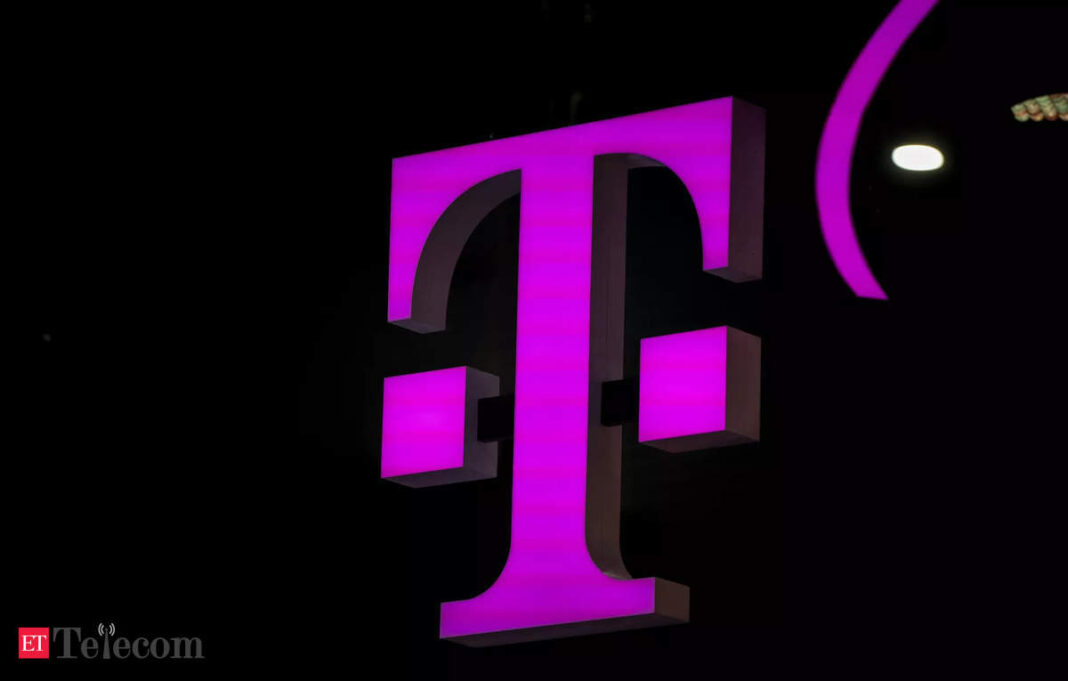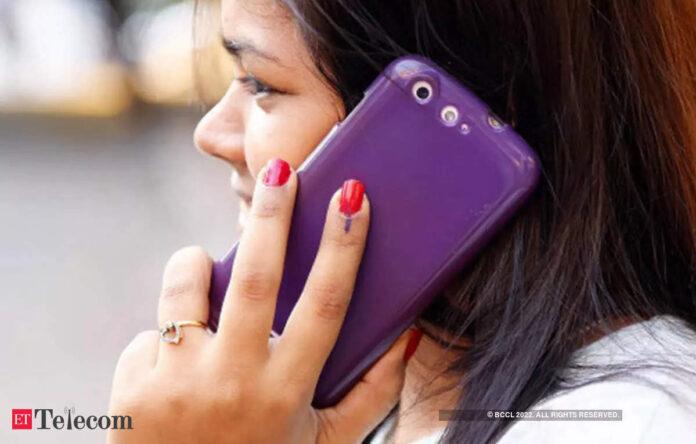In Short:
Attorneys are challenging $78 million in legal fees from a T-Mobile data breach settlement, calling it excessive. The settlement resolved privacy claims for 76 million customers affected by the breach. Lawyers defending the fees say they worked thousands of hours on the case. The appeals court is probing whether the objections are valid. Some lawyers feel the court was unfriendly to challengers.
Challenge to $78 Million Legal Fees in T-Mobile Data Breach Settlement
Attorneys involved in a data breach class action settlement with T-Mobile are contesting the $78 million legal fees awarded, claiming it represents an excessive portion of the $350 million settlement fund.
During a hearing at the St. Louis-based 8th U.S. Circuit Court of Appeals, attorney Robert Clore criticized the disproportionate fee allocation, stating that while his client received $25, the attorneys were set to walk away with $7,000 to $10,000 per hour.
The 2022 T-Mobile settlement addressed privacy concerns for around 76 million T-Mobile customers affected by a data breach the previous year. The settlement was approved by a judge in Kansas City, Missouri, who granted fees amounting to 22.5% of the total fund for the class lawyers, dismissing objections raised at the lower court.
During Tuesday’s hearing, a three-judge appeals panel questioned both sides to determine whether the objections were made in “bad faith” or stemmed from valid concerns regarding the excessive fee award.
One of the class attorneys, Bradley Wilders, characterized the challengers as “serial” class action objectors driven by self-interest. He highlighted that the class counsel had dedicated over 9,100 hours to the litigation and only two out of 76 million class members appealed the decision.
Neither Clore, Wilders, nor T-Mobile responded immediately to requests for comment. John Pentz, another lawyer contesting the fee amount, expressed displeasure with the trial court’s treatment of objectors in an email, citing a hostile environment.
The cases in question are Daruwalla v. Hampe, 8th U.S. Circuit Court of Appeals, No. 23-2744; and Daruwalla v. Pentz, same court, No. 23-2798.





